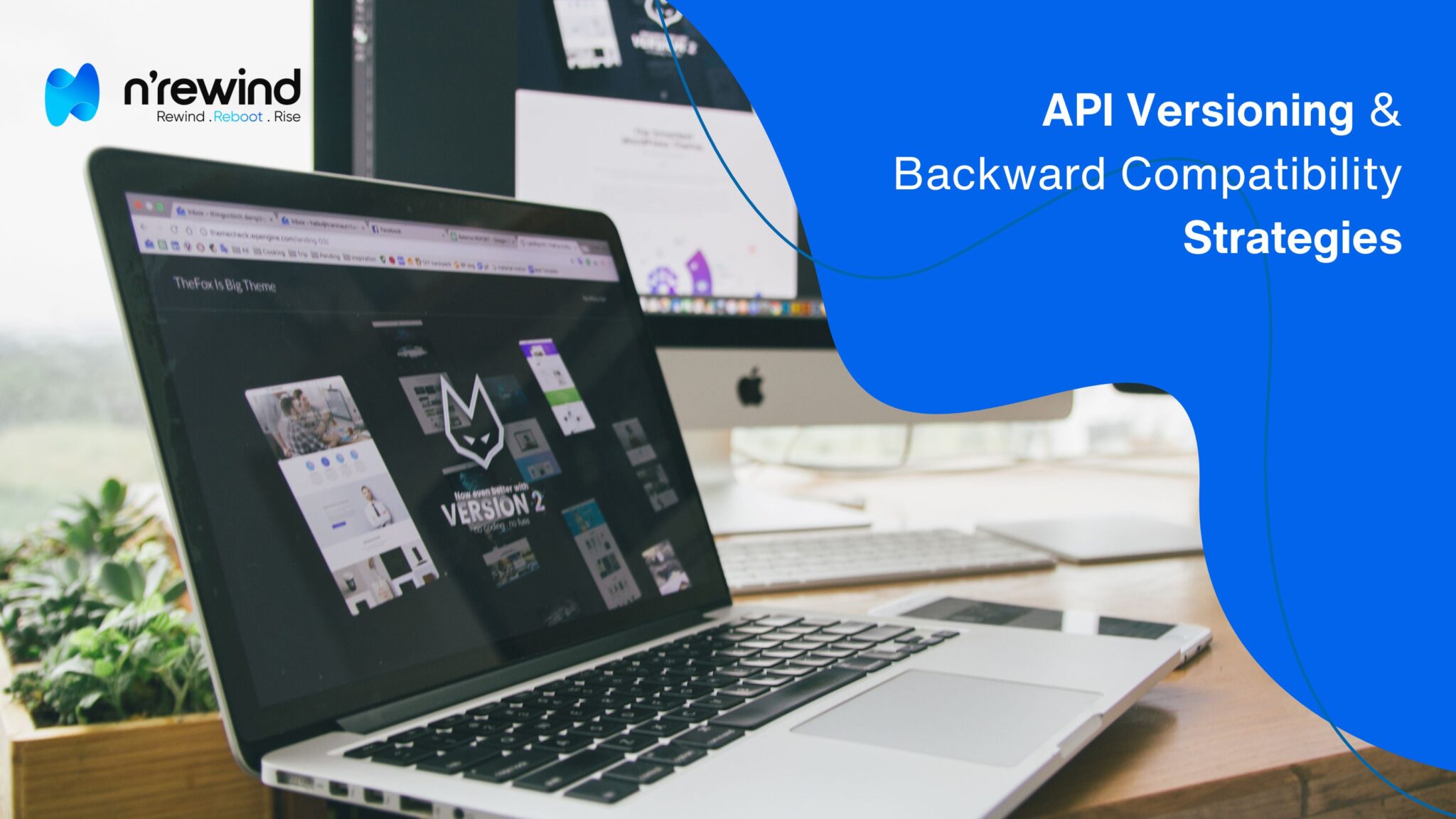As software evolves, APIs must change to add new features or improve performance. But breaking existing integrations can frustrate users and disrupt services.
At NRewind Technologies, we design versioning strategies that allow growth without sacrificing compatibility.
1. Why API Versioning Matters
- Prevents breaking changes from affecting existing clients.
- Allows gradual migration to new features.
- Improves developer experience.
Our API security best practices also ensure stable and secure API deployments.
2. Versioning Approaches
- URI Versioning: Adding
/v1/,/v2/to the URL. - Header Versioning: Specifying version in request headers.
- Query Parameter Versioning: Using
?version=1.
For API performance under load, see our mobile performance tuning tips.
3. Maintaining Backward Compatibility
- Support older versions for a defined time period.
- Use feature flags to toggle new functionality.
- Deprecate gradually with clear communication.
Our UX onboarding practices show similar gradual adoption strategies for user-facing changes.
4. Documentation & Communication
- Maintain clear API documentation for each version.
- Notify developers of upcoming changes well in advance.
- Provide migration guides and sample code.
For more on preparing teams for change, check our scaling WordPress guides.
Conclusion
Effective API versioning protects user experience while enabling innovation. By combining the right versioning approach with backward compatibility planning, you can roll out updates smoothly.
If you need expert guidance on API design and maintenance, contact NRewind Technologies today.
"Ensure smooth API updates without breaking existing integrations. Learn practical versioning methods and backward compatibility strategies. Get expert API management insights from NRewind Technologies."




